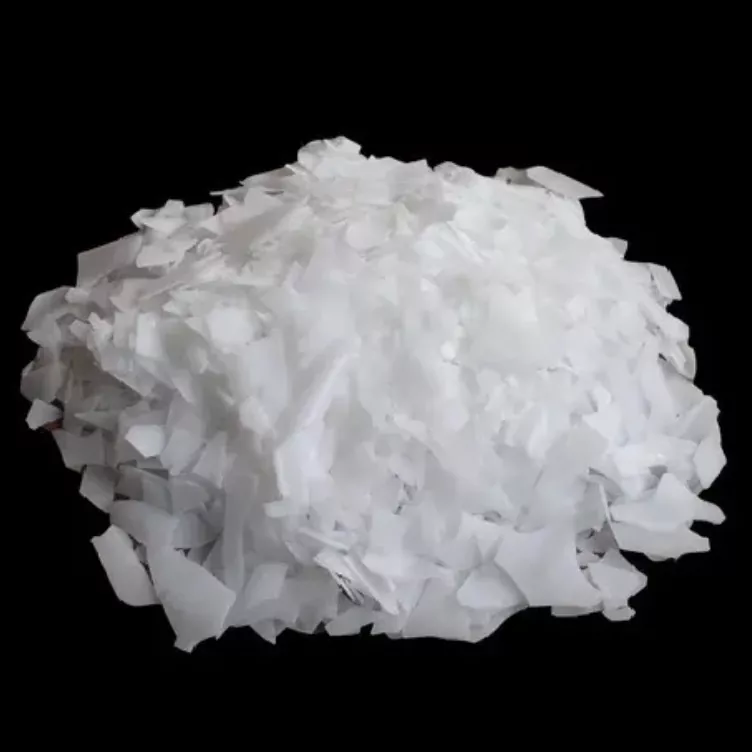What Are PVC Chemical Additives and Why Are They Important?
2025-07-08
Polyvinyl Chloride (PVC)is one of the most widely used plastic materials in the world, known for its durability, versatility, and cost-effectiveness. However, in its pure form, PVC has limited performance. To enhance its properties and expand its applications, PVC chemical additives are essential. These additives help improve flexibility, stability, processability, and appearance, making PVC suitable for a vast range of industrial and consumer products.
What Are PVC Chemical Additives?
PVC chemical additivesare substances mixed with PVC resin during production to modify its physical or chemical properties. Without these additives, PVC would be brittle, unstable under heat, and unsuitable for most commercial uses.
Additives can include plasticizers, stabilizers, lubricants, impact modifiers, fillers, pigments, and flame retardants. The choice of additives depends on the intended application of the final PVC product.

What Types of Additives Are Commonly Used in PVC?
1. Plasticizers:
Used to make PVC flexible and soft.
Common in applications like cables, flooring, artificial leather, and medical tubing.
2. Heat Stabilizers:
Prevent the PVC from degrading when exposed to heat during processing.
Essential for PVC pipes, window profiles, and siding.
3. Impact Modifiers:
Improve the toughness and resistance to cracking or breaking.
Important for rigid PVC applications.
4. Lubricants:
Aid in processing by reducing friction and sticking during extrusion or molding.
5. Fillers:
Add bulk and reduce material costs while sometimes enhancing mechanical properties.
6. Pigments and Colorants:
Provide aesthetic appeal and UV resistance.
7. Flame Retardants:
Enhance fire resistance, especially for applications in construction, electronics, and automotive industries.
What Are the Benefits of Using PVC Chemical Additives?
The use of PVC chemical additivesoffers numerous advantages:
Enhanced Flexibility:Allows PVC to be used in both rigid and flexible forms.
Improved Durability:Resists weathering, heat, UV rays, and chemicals.
Cost-Effectiveness:Reduces production costs by using fillers and improving process efficiency.
Customization:Enables manufacturers to create PVC products tailored to specific industry needs.
Environmental Compliance:New generation additives are designed to meet environmental and safety standards.
Where Are PVC Chemical Additives Applied?
Thanks to the right combination of additives, PVC is used in a wide range of industries:
Construction:Pipes, window frames, flooring, roofing membranes.
Automotive:Interior trims, cables, seals.
Electrical:Insulation for wires and cables.
Medical:Tubes, blood bags, containers.
Consumer Goods:Toys, footwear, packaging.
Conclusion: Why Are PVC Chemical Additives Essential?
PVC chemical additives play a critical role in transforming basic PVC resin into highly functional materials used in countless everyday products. By selecting the right additives, manufacturers can enhance performance, meet safety standards, and create products tailored to specific requirements.
As industries continue to demand more sustainable and high-performance materials, the development of innovative PVC additives will remain a key focus for the future.


